May 22, 2019
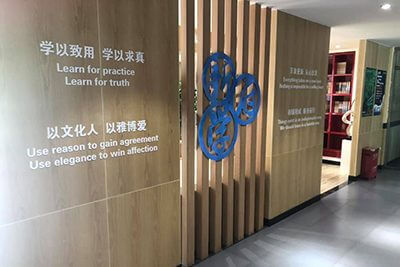 by Dr. Bill Hudson, Head of School
by Dr. Bill Hudson, Head of School
Planes, trains, and automobiles—and even a boat. I write this message while flying over the northern Pacific Ocean on my way back from a one-week trip to China. It was a fantastic experience and I thoroughly enjoyed the warmth and hospitality of the Chinese people and delighted in the wonderful culture and cuisine. Together with several other heads of school from the Midwest, I visited a number of schools in Nanjing, Beijing, and Guangzhou to learn more about the Chinese educational system.
The Chinese educational system is very different than ours in a number of ways. The National College Entrance Examination, Gaokao, is required for college entrance and the score dictates a future path for each student. There is tremendous pressure to earn a high score and get into a top college. Teaching is focused on preparing students for the exam, particularly in math and science, leaving much less time for other subjects or critical thinking. Curriculum is limited, and Chinese pedagogy is very teacher-centered. There is far less attention paid to student engagement and agency. Read More
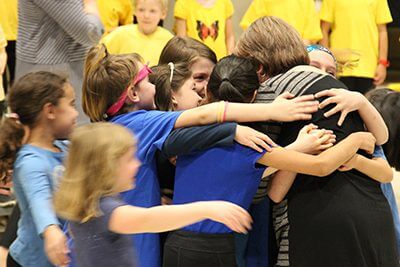 by Dr. Bill Hudson, Head of School
by Dr. Bill Hudson, Head of School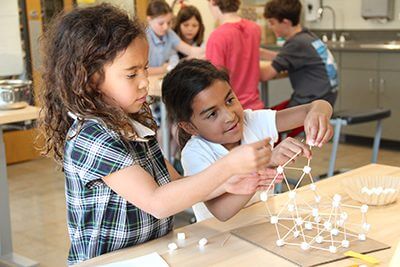 by Dr. Bill Hudson, Head of School
by Dr. Bill Hudson, Head of School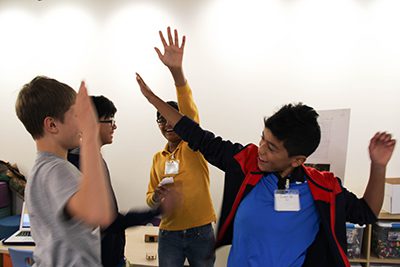 by Jenn Milam, Ph.D., Middle School Director
by Jenn Milam, Ph.D., Middle School Director 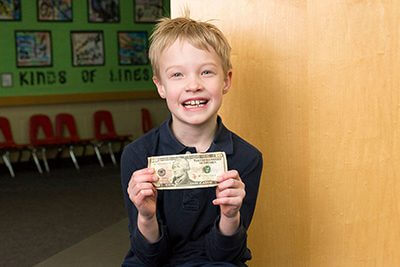 by Dr. Bill Hudson, Head of School
by Dr. Bill Hudson, Head of School  Make plans to attend the fabulous CHICAGO: HIGH SCHOOL EDITION this weekend!
Make plans to attend the fabulous CHICAGO: HIGH SCHOOL EDITION this weekend!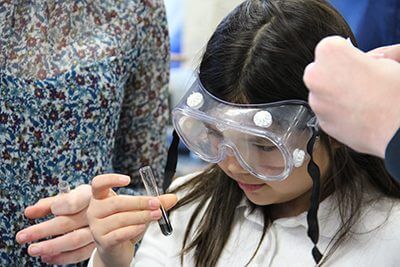 by Dr. Bill Hudson, Head of School
by Dr. Bill Hudson, Head of School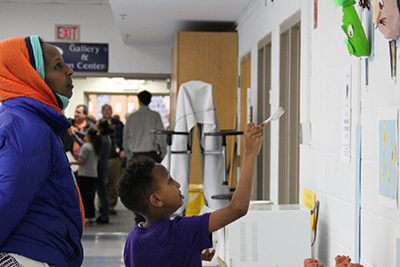 by Dr. Bill Hudson, Head of School
by Dr. Bill Hudson, Head of School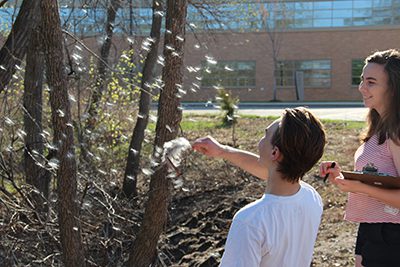 by Renee Wright, Lower School Director
by Renee Wright, Lower School Director